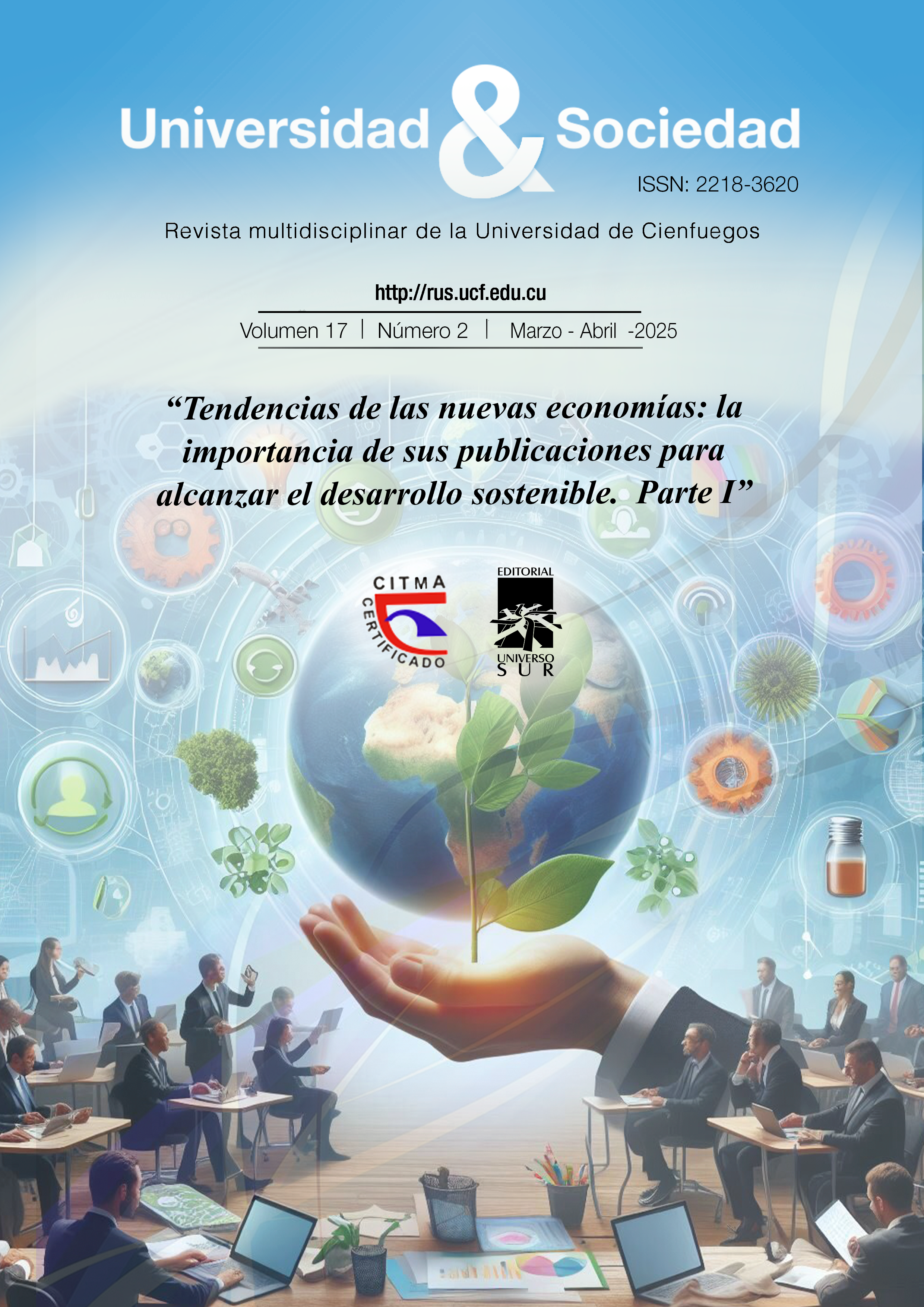Differences in self-regulation skills in upper primary school children in Sonora México
Keywords:
Learning, Social-emotional skills, Self-regulationAbstract
The current educational context demands research related to socio-emotional skills as a key element in learning improvements. The objective of this study is to compare self-regulation skills by gender and grade in upper primary school children. This quantitative cross-sectional study had a sample of 393 students; 226 (58%) were male and 167 female (42%), in an age range of 9 to 12 years. A self-regulation skills questionnaire will be administered consisting of 15 items divided into five subscales. For data analysis, the Computer Statistical Program (SPSS) was used, using Student's t for the comparison of means by grades and gender of the students. The results show that students perceive that they have self-regulation skills, identifying that, in the skill of metacognition, fifth grade children present less development than sixth grade children. In addition, it was determined that girls have an easier time expressing emotions compared to boys; However, regarding the self-regulation dimension in general, no significant differences were found, so the results are very similar with respect to age and gender.
Downloads
Published
How to Cite
Issue
Section
License
Copyright (c) 2025 Editorial "Universo Sur"

This work is licensed under a Creative Commons Attribution-NonCommercial-NoDerivatives 4.0 International License.
La editorial "Universo Sur", de la Universidad de Cienfuegos, publica el contenido de la Revista "Universidad y Sociedad" bajo una Licencia Creative Commons Atribución-NoComercial-SinDerivar 4.0 Internacional.
© Podrá reproducirse, de forma parcial o total, el contenido de esta publicación, siempre que se haga de forma literal y se mencione la fuente.










